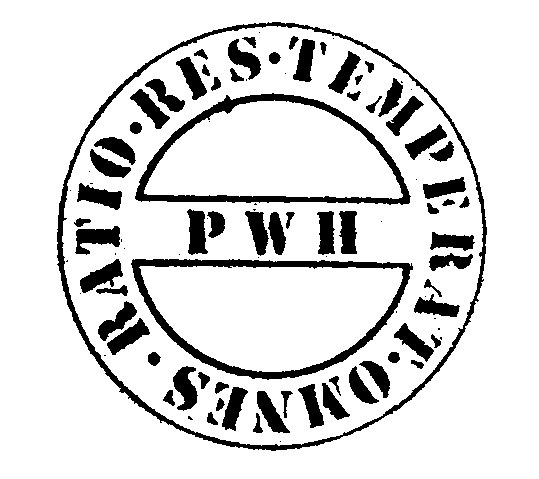Why mathematics?
Someone who had begun to read geometry with Euclid, when he had learned the first proposition, asked him, “What shall I get by learning these things?” Euclid called his slave and said, “Give this person a penny, since he must make a profit out of what he learns.”
Those long chains of simple reasoning which geometers use to arrive at their most difficult conclusions made me believe that all things which are the object of human knowledge are similarly interdependent; and that if we will only abstain from assuming something to be true which is not, and always follow the necessary order in deducing one thing from another, there is nothing so remote that we cannot reach it, nor so hidden that we cannot discover it. (Descartes, Discourse, Part II)
The puzzling question of why these developments did not occur in China has been thoroughly studied by Joseph Needham in his great work Science and Civilization in China. Cambridge University Press, 1954-84 (15 volumes, occupying about 2 feet of shelf space). Briefly, he found that there was a rich flowering of skepticism at an early period, but that it led into humanistic studies rather than mathematics and science (vol 2. pp 365-71, 386-89). Also, and no doubt connected with this there never arose any concept of rigorous proof and even though the practical science and technology of the Chinese people was immensely rich – including printing, magnetic compass, and gunpowder long before these inventions appeared the West – they never developed the kind of abstract, conceptual science linked to mathematics that has been so important in Western civilization (vol 3, pp 150-51 , 154-60, 16-68)
Calculus Gems
by G.F. Simmons
McGraw-Hill. (1992)
